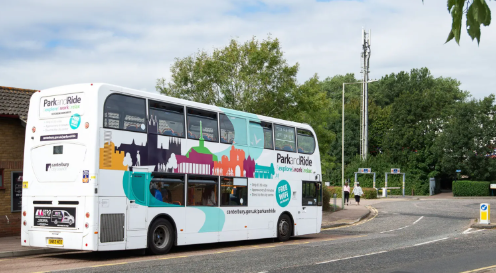Ilet out a small whoop of joy when the Office for Students added commuter students to the Equality of Opportunity Risk Register.
At last, official status has been given to a group of students that has long been recognised as disadvantaged. By giving them a name and connecting them to a metric, the OfS has made an invisible group of students visible to decision makers in English higher education institutions, who must now recognise, understand and address their needs.
As recent Wonkhe articles by Emma Maslin and Lee Elliot Major have highlighted, commuter students do not experience equality of opportunity in higher education. Relocation to attend university has become a predictor of success. Those who do not relocate to attend university, who instead commute to access their learning, have a poorer experience throughout the student lifecycle. From pre-application, including attending open days and choice of institution, through engaging with their learning opportunities, including resources, extra-curricular activities and their learning community, to continuation, attainment and graduate outcomes, being a commuter substantially and negatively affects students’ opportunity to succeed.
In part, this is because higher education pedagogy, policy and processes, including assessments, extra-curricular activities, facilities, learning support and timetabling, have been designed without consideration of the need to travel to access HE.


